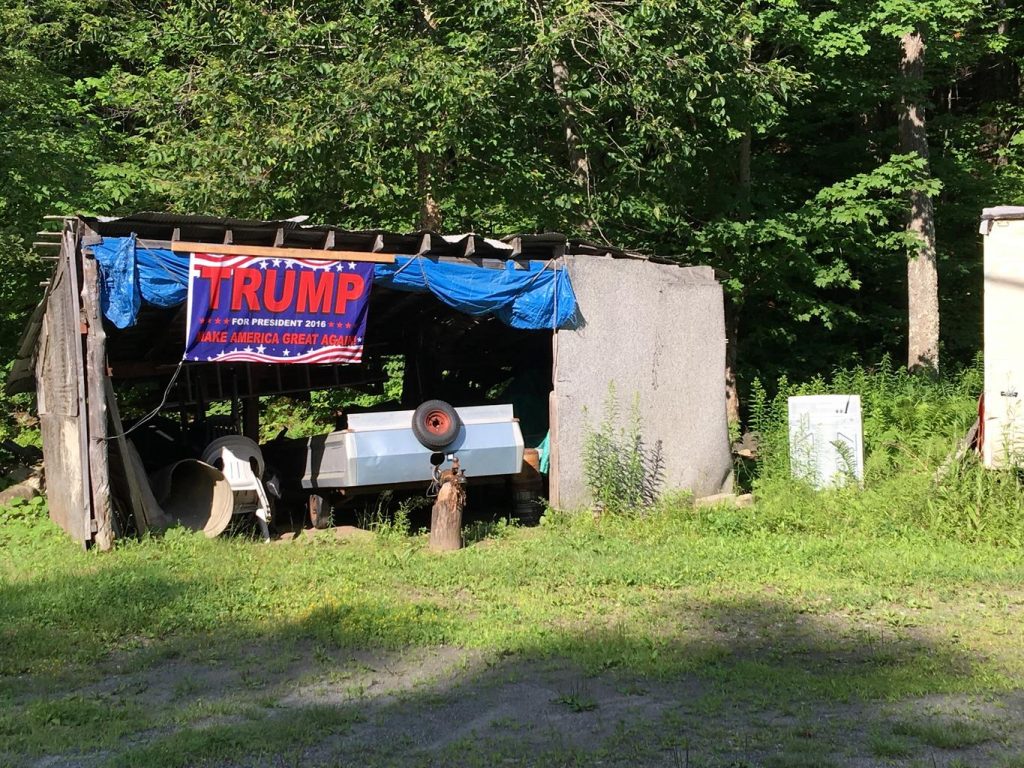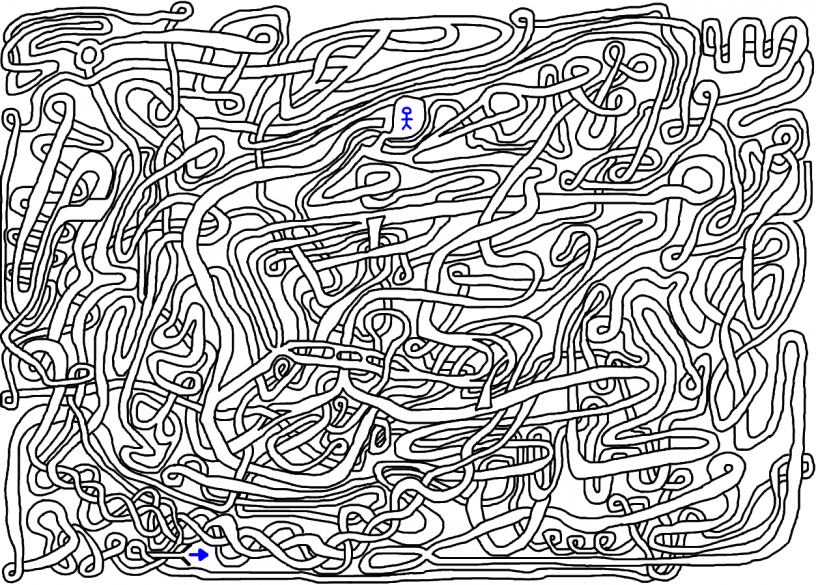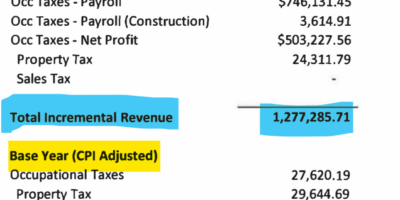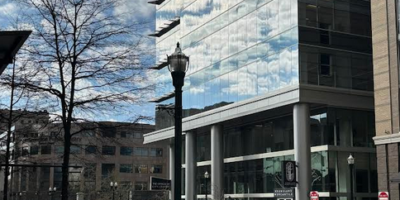An owner’s manual for our times
As a sanity-saving measure, and because I work in a profession that provides me the space to do this, I have dedicated the last two decades archiving important voices, movements, histories, events, and cultures that can help piece together creative questions and thoughtful practices that might lead to a better understanding of our complex world and the many voices, perspectives and people in it.
My research has made startlingly clear that many citizens are unaware of the interconnected cultures and histories that influence and shape world events. This has a toxic effect on public discourse: large swaths of Americans are easily manipulated because they lack basic knowledge about the concerns or policy decisions that affect their lives. Consider the recent interviews of Americans surviving on medicare and social security who say they are against tax-funded social programs.
As citizens of a globalized world it is imperative that we develop a broader awareness of key issues in the American public sphere.

There are many pathways to take; sometimes we can become overwhelmed by the many options available to us, or the immensity of understanding the full context of current social trends, viral cultural phenomenons, or contentious political events. It is like staring at a newly opened puzzle: we see pieces scattered across a table, random parts detached and disconnected from the larger coherent picture.
It can seem overwhelming and impossible at first, even when you have a reproduction telling you what the larger picture looks like. But slowly you pick up a piece, get a sense of its configuration, and imagine how it connects to another piece. Some pieces don’t immediately work and you set them aside for a moment to take a look at newer pieces. Sets or groupings eventually emerge, and you match those together until you have larger sections. Suddenly, surprisingly, the pieces take shape as a whole image.
My intent in this series is to start pointing out some of the larger groupings of pieces that make up our cultural puzzle, to seek out forgotten and ignored movements, their thinkers and artists, to initiate productive questions of “what if” that push against gatekeeping barriers and stare out from the barricades. Because of my profession, I have the opportunity to research a range of important issues . Rather than waste it on overpriced, corporate controlled, academic journals that only a handful of people will read, it is my intent and hope to share what I learn freely. While I will demonstrate a strong interest in independent sources, I’m convinced that we ignore, at our own peril, the corporate culture that dominates our lives.
Puzzle-solving is always aided through collaboration with others. As more eyes look, more pieces of the puzzle come into focus. I’m hoping we can do this together. The Russian writer Mikhail Bakhtin believed that “[t]ruth is not born nor is it found inside the head of an individual person; it is born between people collectively searching for the truth, in the process of their dialogic interaction.” If I am sure of anything in this world, I am most certain of the power of people coming together, critiquing each others’ ideas and truths, in order to act on, and to make better sense of a vast, complex world.





Leave a Reply